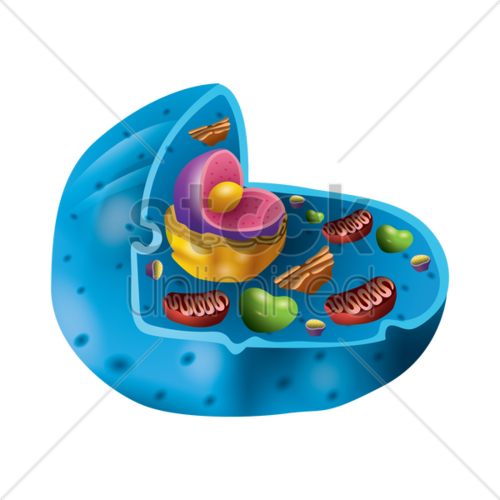Saffron, this mysterious flower originating from the plateau, not only attracts attention with its brilliant colors, but also enjoys worldwide fame for its rich health benefits. Many people include the habit of drinking saffron water in their daily routines. With the accumulation of time, what kind of impact does this behavior have on the body? What are the effects of long-term adherence to drinking saffron-infused water? And which specific groups should restrict the intake of such beverages?
### Potential Benefits of Long-term Drinking of Saffron Water
For suitable individuals, continued moderate consumption of saffron water may bring positive health effects:
– Promotes blood circulation: The blood-activating and stasis-removing properties of saffron help relieve poor blood circulation-related issues like cold hands and feet, and dull skin color. – Alleviates menstrual pain: In the female population, it can moderately reduce pain during menstruation, regulate menstrual cycles, and improve menstrual comfort. – Cardiovascular health: Reasonable consumption of saffron water contributes to cardiovascular health, lowers the risk of blood clots, but should be done under the guidance of healthcare professionals. – Emotional and mental upliftment: Traditionally, saffron is believed to have an uplifting and soothing effect on the mind, and moderate consumption can improve mood and enhance quality of life. – Aids digestion: Long-term consumption can also promote digestive system function, relieve constipation, and make one feel more relaxed.
### Specific Groups Should Be Cautious in Drinking
Despite the many benefits, the following four groups should reduce or avoid drinking saffron water:
– Pregnant women: Due to its blood-activating properties, drinking saffron water during pregnancy may induce uterine contractions, increase the risk of miscarriage, and should be strictly avoided. – Patients with bleeding disorders: Individuals with bleeding disorders such as hemophilia, gastrointestinal bleeding, etc., saffron may exacerbate bleeding and should not be consumed. – Individuals with weak constitution: Those with poor physical constitution or deficiency in Qi and blood may experience energy depletion with excessive consumption, so caution is necessary. – Hypotensive patients: Saffron may slightly lower blood pressure, causing dizziness in individuals with low blood pressure, so medical guidance is needed.
### Combination Use of Saffron with Other Medicinal Herbs
Saffron can be combined with various medicinal herbs such as wolfberry, rose, tangerine peel, and hawthorn to enhance specific effects, but following the advice of a traditional Chinese medicine practitioner is essential to ensure safety and efficacy.
### Integration of Diet and Lifestyle Habits
To maximize the health benefits of saffron, it should be accompanied by a balanced diet, regular exercise, and sufficient sleep. Diverse food choices, consistent physical activity, and high-quality sleep, when combined with saffron’s blood-activating and stasis-removing properties, work together to promote overall health.
In conclusion, while enjoying the health benefits brought by saffron, the key lies in understanding one’s own conditions, adopting suitable practices, and making this cup of simple tea a heartwarming companion that promotes the harmony of body and mind.


